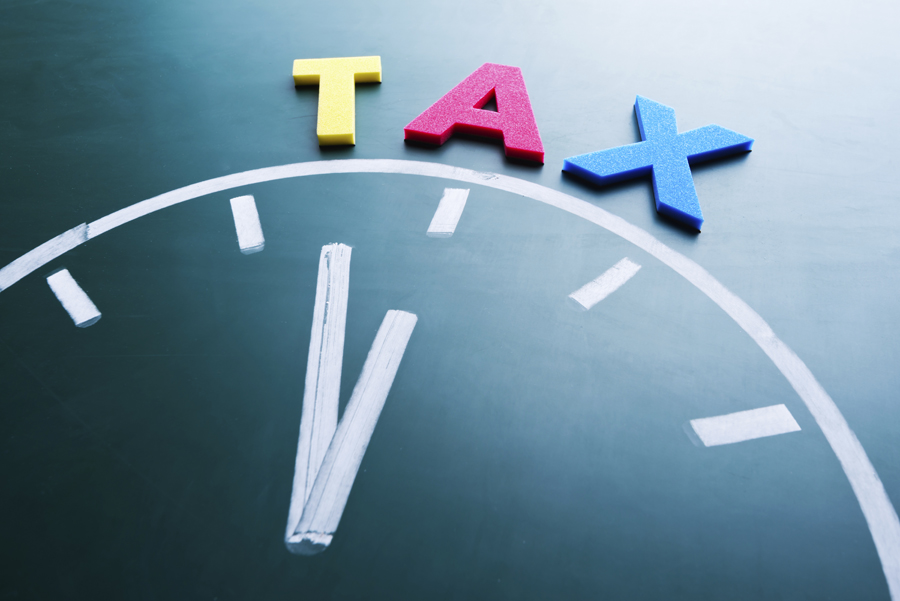What are your chances of being audited?
August, 26 2014 by Eric Linden
A tax audit is not the best topic for cocktail party small talk, is it? The word “tax” stirs a myriad of emotions in a human being, usually negative. Well… unless you are a legislator and need appropriations to build a new weapons system. Then you may like a tax or two. But for the common man, taxes and namely the phrase “tax audit” could leave you shaking in your boots. The IRS publishes statistics on this stuff and it is fascinating. We will get to that, but first here are some traps on your tax form that will greatly increase the odds that you will invite a call, letter, or knock from the IRS:
- A Schedule C with no income and high expenses;
- Costs of an MBA deducted as an employee expense;
- High employee business expenses;
- High charitable contributions;
- High vehicle expenses
Obviously, there is some high risk behavior that can possibly result in an audit, but let’s get to some cold hard numbers directly from the IRS:
The overall percentage of individual tax returns examined in 2013, published by IRS, is about one percent; however, this number only takes into account “examinations” and does not include what Taxpayer Advocate Nina Olson calls “unreal audits.” These “unreal audits” are other types of letters and notices, and millions more folks receive them, so that one percent figure is a little misleading. While a letter from the IRS may not always mean a full-blown audit, any type of contact from the IRS is upsetting for most folks, and more often than not a tax professional is needed to decipher the letter or notice.
Another fact to be aware of when considering audit percentages is that examination rates vary greatly by income level. According to IRS data, 3.26% of taxpayers with adjusted gross income (AGI) above $200,000 were audited in 2013, while the examination rate for taxpayers with AGI’s over a million was more than 10%. On the other end of the income scale, the audit rate for those who filed a return with zero AGI was 6%.
Bottom line is, be cognizant of audit triggers, keep good documentation, and plan accordingly. Doing your taxes correctly will help keep you off the IRS’s radar, but it will not guarantee that you will avoid an audit.
Good luck, America!




